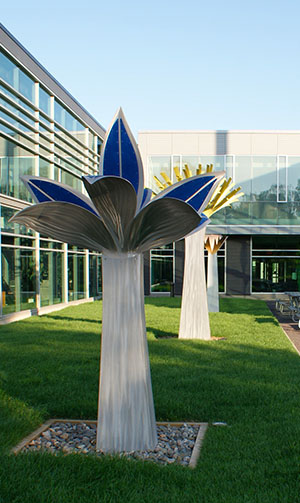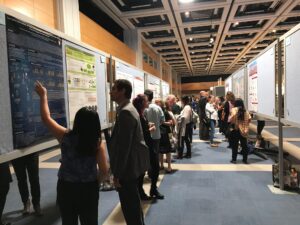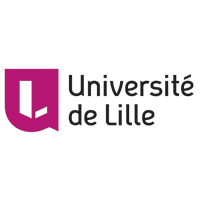International collaborations
International
Collaborations
Research
Without borders
INAF researchers have acquired one of the most enviable reputations at the international level over the years. This recognition is a result of carrying out innovative research work that is highly cited by the scientific community and numerous successful collaborations that transcend borders.
Thanks to its extensive networks of expertise, high-tech infrastructure, and openness to the world, INAF embodies an exceptional research and training environment. Here, researchers, students, and partners benefit from collaborative and cross-sectoral research, which is essential for resolving key issues related to sustainable food supply.
International
Agreements and projects
INAF stands out for the quality of its international network, which includes academic and business partners from around the world. Notably, this network is strengthened through associated laboratories from around the world and joint units in high-priority and strategic areas of healthy eating.
These collaborations have positioned the Institute as a leader on the international stage in several key areas, including food safety, natural antimicrobials, eco-design of food processes, and the impact of nutrition on brain health, microbiota, and metabolic health.
LIAAN

International Associated Laboratory in Bioproduction of Natural Antimicrobials
LIA OptiNutriBrain

OptiNutriBrain International Associated Laboratory: A reference on nutrition and brain health
RRI Food4brainhealth

his international research network (IRN) aims at providing sound scientific data to define the basis for optimized nutrition for brain health.
UMI MicroMeNu

International Joint Research Unit on Chemical and Biomolecular Microbiome and its Impact on Metabolic Health and Nutrition
PARERA

Food Risk Analysis and Regulatory Excellence Platform

Collaborating with INAF
Internationally

INAF is affiliated with Université Laval, one of the leading research universities in Canada, housing over 300 research centers, chairs, and other research clusters. The Institute sets itself apart through the exceptional quality of its research, involving some of the world’s most cited researchers.
Why collaborate with INAF?

- Engaging in cutting-edge global research and gaining international recognition
- Connecting with efficient international academic-industrial networks for funding opportunities on an international and European level
- Expediting the development of innovative products with proven health benefits and advancing new technologies
- Participating in prominent scientific conferences and presenting research findings both in Quebec and internationally
- Enhancing and expanding research capabilities and market potential
- Accessing a dedicated North American gateway for foreign organizations
- Contributing to the training of highly skilled personnel capable of working in various industries.
Students │ Take Advantage of International Opportunities

Each year, over 500 graduate students thrive in the vibrant research environment of INAF. Our unique training program leverages the expertise of renowned researchers, state-of-the-art infrastructure, and a diverse scientific community, fostering an enriching and dynamic learning experience.

The interdisciplinary nature of INAF offers students the opportunity to address research challenges at the crossroads of various fields, including pure sciences, engineering, food production, food-grade quality and processing, health sciences, and social sciences. This multidisciplinary approach equips them with a comprehensive understanding of their field and fosters a robust collaborative network throughout their academic journey.
The Institute’s global reputation attracts an increasing number of international students who pursue advanced studies or internships with our research teams. Our graduate students and postdoctoral fellows represent 32 different countries, reflecting the diverse and inclusive environment at INAF. Through our extensive partnerships with research centers and universities, students benefit from seamless mobility within the INAF network and beyond, enabling enriching inter-laboratory exchanges and global learning opportunities.
Studying at INAF is accessing a high-level scientific education that offers a multitude of international opportunities.
Local and Foreign Businesses │ Join our Partners’ Gateway!

The INAF, in collaboration with Québec International, offers you the opportunity to seamlessly join its innovation ecosystem with both in-person and virtual support. You can easily tap into our expertise and service network, choosing between virtual presence or renting individual or collaborative spaces within the Partners’ Gateway. Located at the heart of INAF’s main research hall in Université Laval’s Pavillon des services, the Partners’ Gateway provides a business space where you can develop and implement your research strategies in collaboration with INAF researchers and its network. Numerous services and benefits are available, including access to our state-of-the-art infrastructure and support in putting in place your innovation plan.
For additional information :
Stephane Gagné, the accompanying person for the Partners’ Gateway




